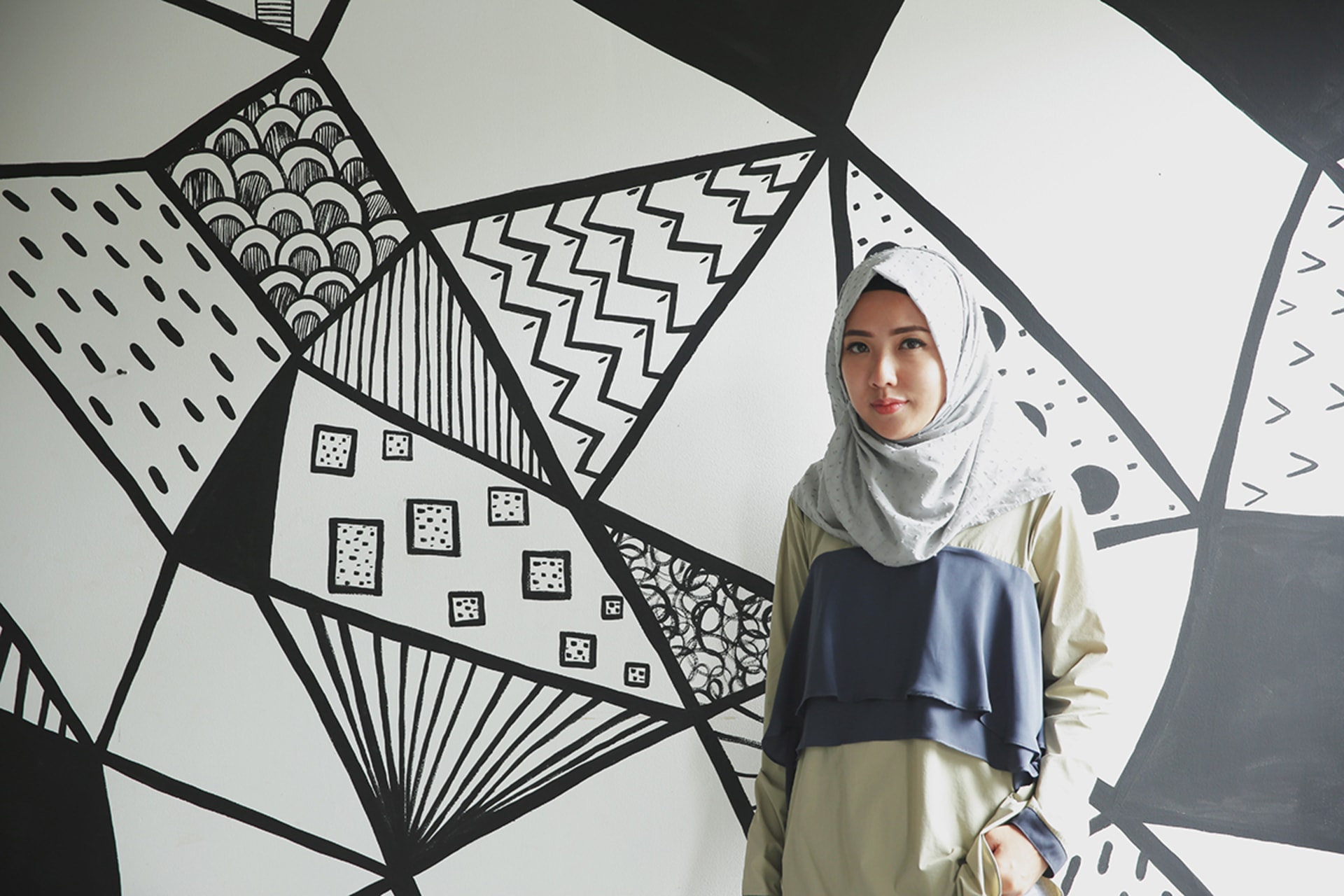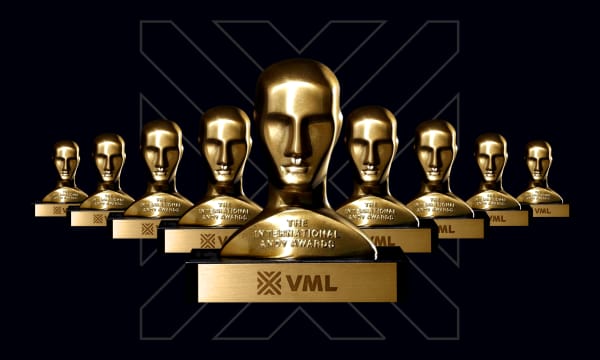Modest fashion used to be an oxymoron. Now it’s big business. Hijup was started in 2011 by Diajeng Lestari as Indonesia’s first e-commerce site for modest fashion, aimed at women who worked and women who were active and social. It now stocks around 200 brands, including top Indonesian designers.
Hijup is one of the case studies featured in the Innovation Group’s report “The New Muslimah: Southeast Asia focus,” which looks at the changing face of young women in Southeast Asia’s dynamic, connected economies. A survey conducted by SONAR™, J. Walter Thompson’s in-house research tool, which included 1,000 women in Indonesia in Malaysia, found that 65% of women shop online at least once a month and 26% shop online at least once a week. 82% have bought clothing online, 64% have bought beauty products, and 44% have bought technology products online.
We talked to Hijup’s chief community officer Hanna Faridl, 34, about how it keeps its vendors close, why it has a laser-like focus on technology and whether advertising accurately represents Muslim women today.
Tell us about how Hijup came to be.
In 2011, most of the Muslim fashion brands didn’t have access or tools to sell their products online. We were the first in Indonesia to do so and now we are the biggest, with most of the brands collaborating with us. We now deliver to almost every country in the world. 10% of our sales is international, with 90% still within Indonesia.
Was it hard at first to persuade brands to come on board?
It was not difficult. In real life, we are close to the community and close to tenants not only because of the business, we hang out too. We are friends with most of the designers. We can call them tenants but in real life we are a family. I also have had a brand on Hijup since 2012. It’s called Casa Elana and it is breastfeeding-friendly modest wear.
How has getting funding from international investors changed your business? What have you been able to do with the money?
For the past two to three years, the focus has been on data. One of the big requests from them (investors) for us to grow is to have strong technology. We now know how many people are purchasing every day, every hour, every minute. For every product, we know how many people have seen it.
We need to read our customers. We find out what kind of pictures our customers like by how many click on them, or which banner they click on to know what copywriting is best for us.
Who is your typical client?
Our typical client is 27 years old. The range is five years older and five years younger. Most of them are working women. Our best-selling product is office attire. Most are from big cities. South Jakarta is No.1, east Jakarta is next, then Bandung, Aceh, Jogjakarta and so on.
How important is social media to you?
It is very important. This is a market that is very aware in terms of technology and social media. Instagram is our biggest marketing tool. We use Instagram to announce private sales. We also use Facebook. Our YouTube channel has 214,000 subscribers. Our video content includes styling and fashion tips, beauty tips, cooking, makeup. We also have a talk show where scholars talk about topics such as how to prepare for the haj (pilgrimage to Mecca).
And you also have a print magazine?
We used to have a print magazine. After three years we took it digital in 2016 so we could better track what people were reading.
Do you think advertising reflects the reality of Indonesian women’s lives today?
Yes, I do. Now they have lots of advertising where they put a woman in hijab. Before, it was so different. Back in 2004, I used to get discrimination at the office. It was like – you can’t achieve a certain level of success because you wear the hijab. You get extra immigration checks at the airport.
The growth of this industry has changed the perception of Muslim women in the hijab. Fashion is the lightest way to communicate to the outside that Islam is not only about terrorism or people killing each other.”
Download “The New Muslimah: Southeast Asia focus” for more on this highly-connected economy.


